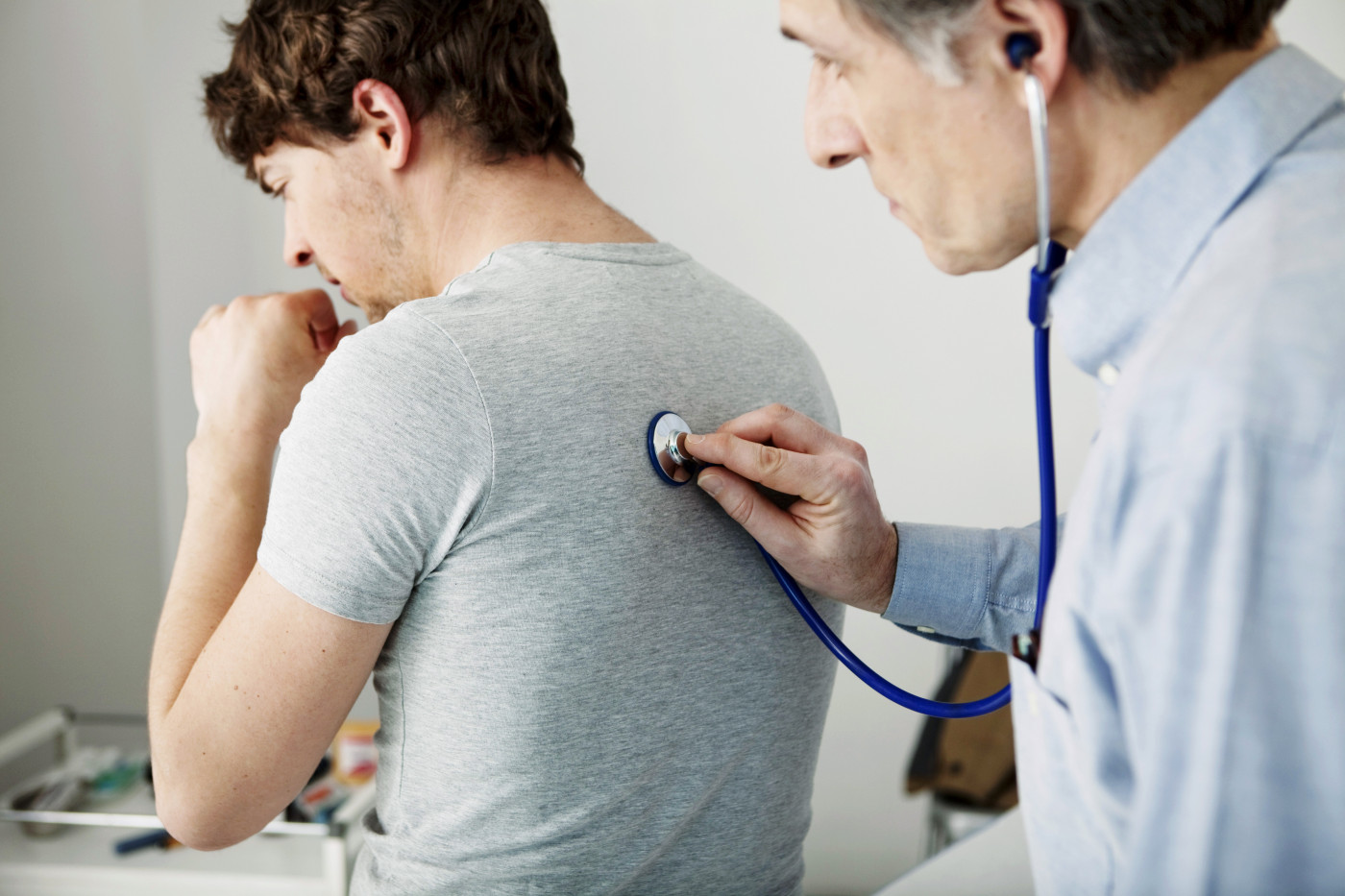Tips for Avoiding Infections with Cold Agglutinin Disease
Written by |

Cold agglutinin disease (CAD) is a rare autoimmune disease in which the immune system mistakenly attacks red blood cells, causing them to clump together and burst in cold temperatures.
A number of treatments exist for CAD, but many of them work by suppressing the immune system, which can make patients more susceptible to infections.
Here are some tips for avoiding infection:
Wash your hands
It’s important to wash your hands after using the bathroom, before making meals or eating, and after gardening or finishing other tasks. And it’s a good idea to wash your hands after sneezing, blowing your nose, or coughing. If you have pets, wash your hands after feeding or petting them. If you care for a sick person, wash your hands before and after.
Wash your hands thoroughly in warm water: wet your hands, lather them up with soap, and rub over the fronts and backs of your hands. Be sure to clean under your fingernails, and between your fingers. Rinse thoroughly, and dry your hands completely.
Cover your cough!
Cover your mouth when you sneeze or cough. If tissues are not available for the purpose, cough or sneeze into your elbow rather than your hands.
Wound care
Wash any cuts or scrapes and bandage them to protect them from infection. Any serious cut, or an animal bite or scratch should be examined by a doctor.
Don’t pick at healing injuries — you might reopen them, and the bacteria under your fingernails can increase the risk of infection.
Don’t share dishes
Don’t share dishes, glasses, or eating utensils.
Avoid germs
Don’t touch other people’s used napkins, handkerchiefs, or tissues. If you do come into contact with these or similar items, wash your hands afterward.
Try not to touch your nose, mouth, or eyes as you go through your day.
Last updated: September 9, 2019
***
Cold Agglutinin Disease News is strictly a news and information website about the disease. It does not provide medical advice, diagnosis, or treatment. This content is not intended to be a substitute for professional medical advice, diagnosis, or treatment. Always seek the advice of your physician or other qualified health provider with any questions you may have regarding a medical condition. Never disregard professional medical advice or delay in seeking it because of something you have read on this website.





